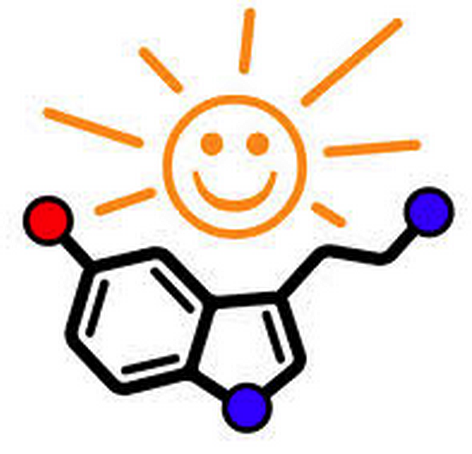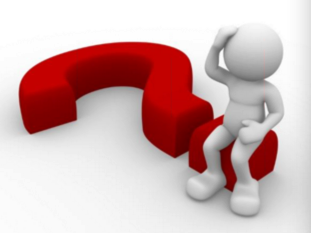Mental Health info | What genetic factors = back pain & depression?

 Our genes are an important resource to help researchers better understand the conditions that we are faced with.
Our genes are an important resource to help researchers better understand the conditions that we are faced with. 
There are many links, however these are no excuse to just accept things as they are, knowledge can only do so much. We are accountable for our own lives, understanding links can help us develop improved methods to lead productive lives.
Genetic factors help to explain the commonly found association between low back pain and depression, suggests a large study of twins in the March issue of PAIN®, the official publication of the International Association for the Study of Pain.
The link for Back Pain and Depression | Finding cause / effect to improve outcomes
Published by Wolters Kluwer, genetic factors affecting both conditions may be involved in the association between back pain and depression, according to the report by Marina B. Pinheiro, MSc, and colleagues of The University of Sydney, Australia, and Murcia Twin Registry, Spain. Here are their findings:
The researchers analyzed data from an established database (Murcia Twin Registry) of nearly 2,150 Spanish twins. Twin studies provide a unique opportunity to elucidate the association between health conditions, by eliminating the genetic and environmental factors contributing to them.
- Questionnaire responses were analyzed to determine whether participants with symptoms of depression had higher prevalence of back pain.
- A series of statistical analyses were then performed to clarify the contributions of genetic factors and early shared environment to the depression-back pain link.
- The results showed a significant association between symptoms of depression and low back pain.
On initial analysis considering the participants as individuals, rather than twins--and therefore not accounting for genetic and familial factors--the odds of having back pain were about 1.6 higher for those with symptoms of depression and anxiety.
On analysis of twin pairs--which controls for genetic and familial factors that could influence the relationship between depression and back pain--the relationship remained significant, with a 1.7 increase in odds. The association was even stronger--more than a 2.3 increase in odds of low back pain associated with depression and anxiety--on analysis of dizygotic (non-identical) twins, who share half their genes.
Mental Health | Genetic Factors Are 'Main Confounder' of Depression / Back Pain Link
On further analysis of monozygotic twins--who are genetically identical--the association between symptoms of depression and low back pain disappeared. This suggested that the strong association found in non-identical twins resulted from the "confounding" effects of common genetic factors influencing both conditions. For example, genes affecting levels of neurotransmitters such as serotonin and norepinephrine might affect the risk of both conditions.
Previous studies have shown a "consistent relationship" between back pain and depression--a combination that may complicate diagnosis and treatment. However, the nature of the association remains unclear.
The new study is the first to examine the relationship between depression and low back pain using twin data to control for genetic and familial factors. Source: Wolters Kluwer Health
 Back pain and Depression, Ok, now what?
Back pain and Depression, Ok, now what?
By understanding a causal relationship here, researchers can better develop methods to better improve the human condition through a collective approach versus just treating one symptom and then the other.
Many factors go into both of these areas (including serotonin and norepinephrine), this study of genes playing a role for both Depression and Back Pain will lead to further discoveries, and understanding. Treat the body as one vs. treating each symptom separately, one makes perfect sense, the other is just convenient. There is much more work to be done.


